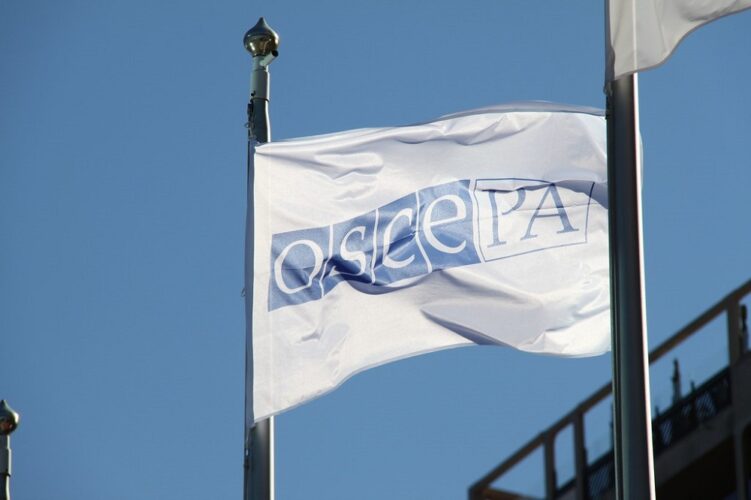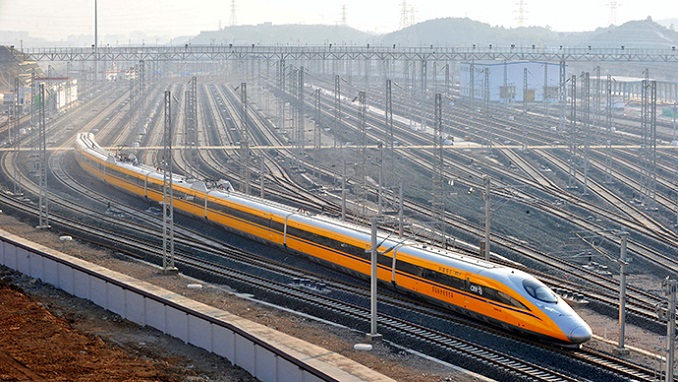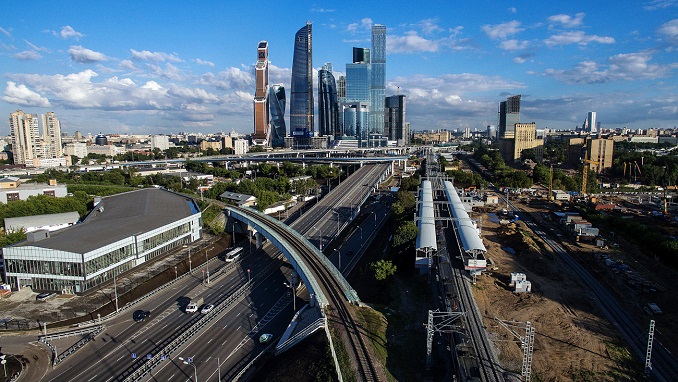The OSCE will contribute more to supporting the efforts of the governors from Chisinau in the fight against corruption, according to a press release of the Parliamentary Assembly.
For this purpose, the Vice-President of the OSCE Parliamentary Assembly, Special Representative for Combating Corruption, Irene Charalambides, and Prof. Anita Ramasastry, Special Representative of the OSCE Chairman-in-Office for Combating Corruption, paid a two-day visit to Chisinau.
The OSCE dignitaries met with representatives of the international community, parliament and government, civil society and the business community to discuss elements of good governance and how to fight corruption in Moldova.
The difficulties of effective governance and the development of a favorable business climate in Moldova were discussed by the OSCE special representatives.
“Moldova, like all OSCE countries, is committed to complying with the basic anti-corruption principles, which provide a solid basis for promoting a sound business environment and political stability. Sustained political will is needed to make this a reality. The OSCE can play a crucial role in supporting these efforts,” the speakers underscored.
The European decision-makers urged for the adoption of best practices for promoting government policies in the area of business, combating corruption, and bolstering cooperation and coordination in front of interlocutors from the private sector, chambers of commerce, investment promotion agencies, and other relevant actors from Moldova.
They also discussed the developments the Moldovan government had achieved in this area.
The efficiency of the current anti-corruption institutional and legal framework, which has to be effectively implemented and adequately supported, was the main topic of discussion.
The participants in the discussion concurred that fostering openness and upholding accountability are also crucial for creating an environment that is conducive to business and investment, which would in turn promote growth, political stability, and security.
The parties also spoke about how the OSCE might assist changes in the field more effectively, with a focus on good governance and digital technologies in particular.
The joint visit, the first of its kind in the context of preventing and combating corruption, was organized by the Polish OSCE Chairmanship and coincided with a project on the promotion of good governance and a favorable business climate in the OSCE region through digitization and the use of open data.



